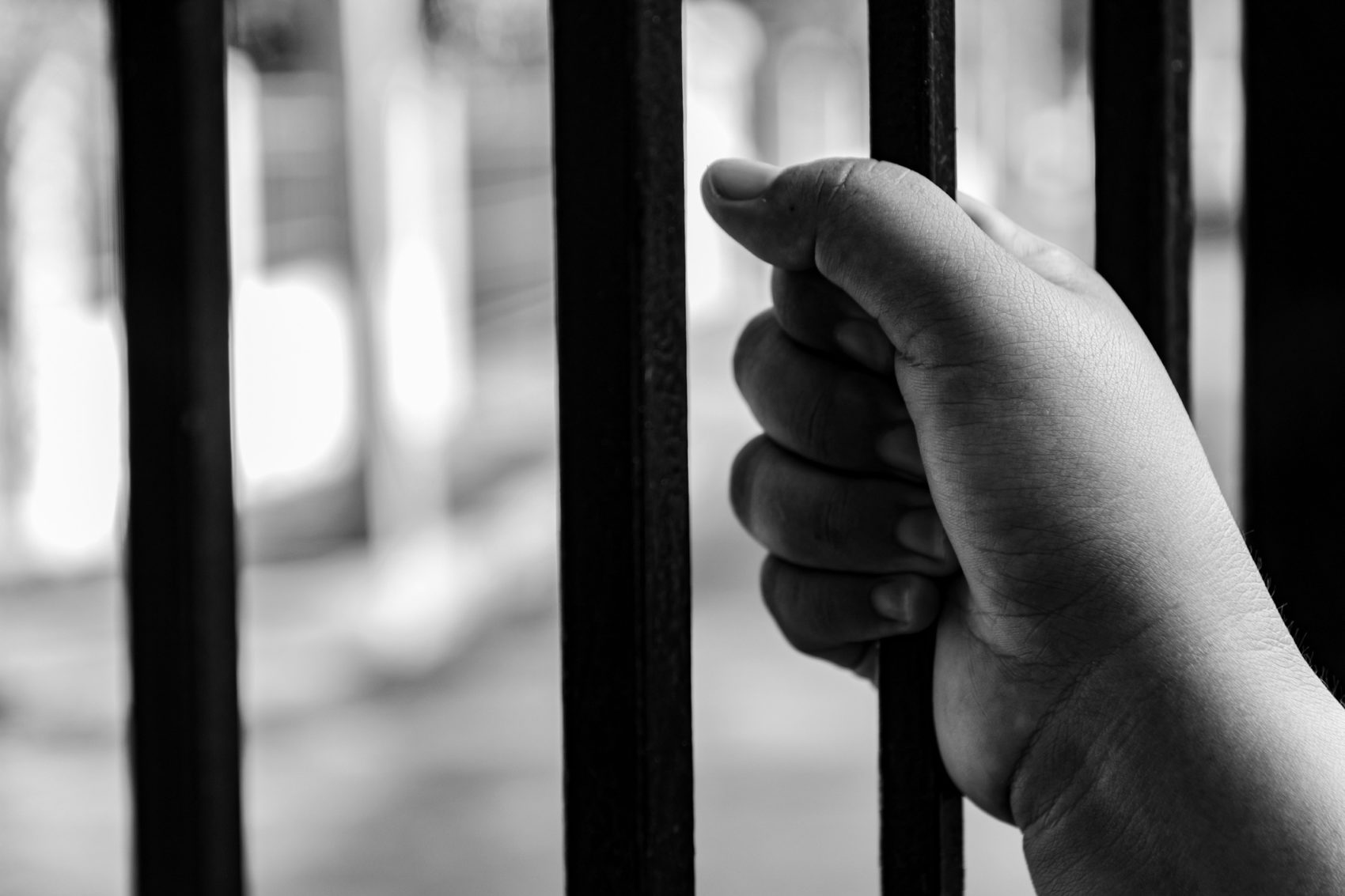Hoping for a Commutation After 48 Years in a Louisiana Prison
Spotlights like this one provide original commentary and analysis on pressing criminal justice issues of the day. You can read them each day in our newsletter, The Daily Appeal. This week, The Advocate reported on the case of Gloria Williams, also known as Mama Glo, and her win before the pardon board. Williams has been in […]

Spotlights like this one provide original commentary and analysis on pressing criminal justice issues of the day. You can read them each day in our newsletter, The Daily Appeal.
This week, The Advocate reported on the case of Gloria Williams, also known as Mama Glo, and her win before the pardon board. Williams has been in prison longer than any other woman in Louisiana. She is serving a life without parole sentence for second-degree murder for her role in a 1971 killing, committed when she was 25. She is now 73. The board issued a unanimous recommendation in favor of Williams’s life sentence being amended to make her eligible for parole.
The recommendation now goes before the governor for review. If Governor John Bel Edwards approves the commutation, Williams will then go before a parole committee to be considered for release.
A 2017 report by the Sentencing Project highlighted the degree to which life and “virtual life” sentences factor into Louisiana’s high incarceration rate. Nearly 4,900 people in Louisiana were serving sentences of life without parole. Louisiana is one of only two states where the mandatory sentence for second-degree murder is life without parole. Over 6,000 were serving virtual life sentences, which are sentences long enough to guarantee death in prison. Combined, over 11,000 people, over 30 percent of the state’s prison population, were destined to die in prison.
When it comes to women in prison, the state has the second-highest rate of women serving life. One in 7 women in Louisiana prisons are serving a life or virtual life sentence. Nationally, nearly 7,000 women are serving life or virtual life sentences.
Reforms that would make people serving life sentences eligible for parole consideration were considered during Louisiana’s 2017 criminal justice reforms but were not passed. The 2017 package was intended to address the state’s status as the most incarcerated place in the world. The bills that were passed, however, largely focused on nonviolent convictions.
High rates of life sentences, very long sentences, and low rates of parole release plague Louisiana’s justice system. Last year, the ACLU Smart Justice campaign released its “Blueprint for Smart Justice” for the state, its proposals for reducing incarceration by 50 percent. The report notes that Louisiana is one of only a handful of states where adults serving life sentences are not eligible for parole. Close to a third of those sentenced to life without parole are in prison for crimes committed when they were younger than 25—in their teens or early 20s.
In an opinion column for The Advocate in April, Alanah Odoms Hebert, the executive director of the ACLU of Louisiana, described the 2017 reforms as a “historic first step.” (Odoms Hebert served as special counsel to the Louisiana Justice Reinvestment Task Force, the team that developed the policy recommendations behind the criminal justice reforms package.) The most recent state Department of Corrections figures show the prison population has fallen to 31,756. But “Louisiana’s incarceration rate is still far above the national average,” Odoms Hebert wrote, “which means that taxpayers are still footing the bill for a bloated prison system that has devastated communities of color and failed to make us safer.”
Odoms Hebert identified two reforms as obvious places to start. The first was to make people serving life sentences in the state eligible for parole. Louisiana is one of only two states that mandate life without parole for people convicted of second-degree murder. This is, she wrote, “one reason why one in five people imprisoned in Louisiana is over the age of 50”—a rate of elder incarceration that has sizable fiscal costs without offering any meaningful public safety benefit.
People sentenced to life in Louisiana prisons had reason to hope early in Governor Edwards’s tenure, in 2016. Last year, Kira Lerner reported for The Appeal that “in his first six months in office, Edwards commuted 22 sentences out of 56 sent to him with positive recommendation from the state’s Board of Pardons. Sixteen of the offenders whose applications he granted were serving life without parole.” Yet commutations of life sentences dried up by the end of 2016 amid political pushback, Lerner noted.
It remains to be seen whether Edwards will return to commutations as a tool for justice reform, for Mama Glo and thousands of others.
